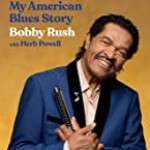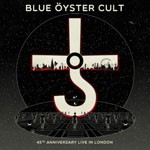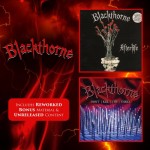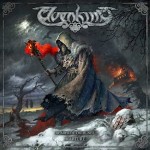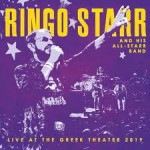Share the post "Interview with MICHAEL SCHENKER – 15 November 2013"
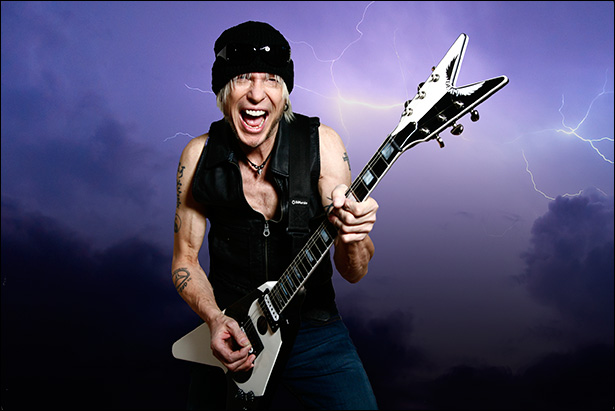
If ever there was an example of looking to the past for a catalyst for the future, then ‘Bridge The Gap’ is it. Award winning guitarist Michael Schenker is back with some familiar faces on an album that plays to his strengths of sizzling solos and potent melodies.
He’s re-united with the Scorpions ‘Lovedrive’ rhythm section of Herman Rarebell and Francis Buchholz and brought in his European tour vocalist Doogie White formerly with UFO and Malmsteen. Previous vocalist Michael Voss takes over the production duties to capture the counterweights of Schenker’s hard rock and melodic sweeps, while Wayne Findlay again impresses on 7 string guitar and keyboards
As Michael explains to Pete Feenstra, with this line-up of Temple Of Rock, he’s found the perfect musical balance with which to ‘Bridge The Gap’ both historically and musically, while applying the term conceptually to the modern era.
Was the ‘Temple Of Rock’ name meant to be an open-ended inclusive concept?
That all started with an album I did in 2011 with Michael Voss singing which was also the first time that Doogie was actually singing on one song on that record. When I was doing that album I had no idea when I went into the studio what I was going to do, but everything kind of weirdly went from one thing to another and very fast.
One moment I had nobody and I went to the demo studio and started recording. I then got Michael Voss to do some guide vocals, and I said you sing pretty good, why don’t you sing on the album and so it started off like that.
The next thing was Captain Kirk (William Shatner) from ‘Star Trek’ – his agent called me up to play on his album – and he had a great intro. Well, it was just the one we needed, so I asked if he would do the intro on my album and so that happened. Then Pete Way and Herman Rarebell heard the demo that I’d made and were impressed and wanted to become the rhythm section and kind of one thing led to the next and then I invited musicians from the past etc etc.
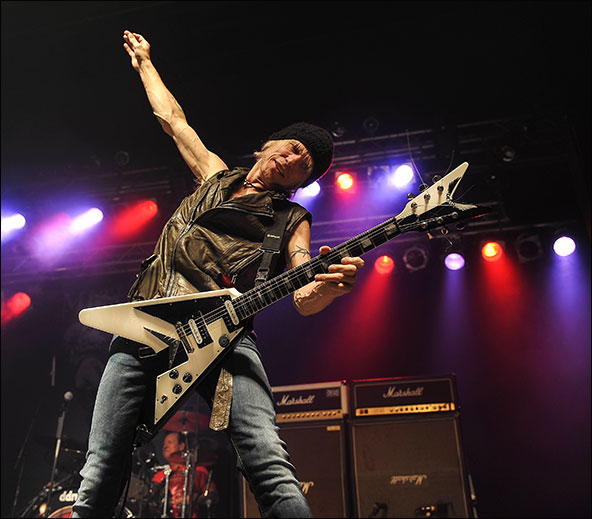
When it came down to coming up with an album title, I was looking back and I kind of looked at myself. And at the same time I was also putting together a live project with Pete and Herman – all music from my past and stuff I’d been involved with for a live show – and looking back on it, I realised it seemed like a summit time.
So I looked for a title and thought of ‘Temple Of Rock’ you know, with vocals of pure expression, and now here I am putting together a tour of all my past involvements, with a set list with all the songs from the past. And I felt like my music is like Holy Scriptures you know, it’s like I always made that effort to write as purely a possible, especially after staying away from music after all these years like a monk. So it became like a spiritual thing and so I decided that maybe I’m the temple and music is the Holy Scriptures and so that’s how I started off and eventually I called the album Michael Schenker Temple of Rock.
And then we went on tour and made a DVD and it was called ‘Michael Schenker Temple of Rock Live’, and by that time it was Doogie who was singing and it was Francis playing bass and so we had some 3 original Scorpions in the band and we were playing quite a few Scorpions numbers, UFO songs and MSG and stuff like that – all songs from my past and the most popular of Michael Schenker – so when it came down to this album I had to decide what to with it now? Am I going to call it Michael Schenker ‘Bridge The Gap’ or Michael Schenker’s ‘Temple Of Rock’, and at the end of the day everyone said, let’s call it ‘Michael Schenker Temple Of Rock’. And that was how it all came about and for the next album we may even just call it ‘Temple Of Rock’.
Presumably ‘Bridge The Gap’ references the literal connection between your past and present?
It seems like we are in the ‘Bridge The Gap’ era at the moment, you know. ‘Lovedrive’ and the present is connected between Herman, Francis and myself, and we are also using more modern sounds in the studio again making this album Bridge The Gap’ and I’ve been watching Wayne Findlay developing very nicely on the 7 string guitar, which gives you that a deeper sound. So we have adapted to that, which is also bridging a gap between the past and present basically.
You’ve described yourself as a ‘wunderkind and late bloomer’, so presumably the Temple Of Rock project must be your late bloomer period?
Yeah but I didn’t call my self ‘wunderkind’ some other people did, but ‘bloomer’ that seems to be a great description. Looking back now, my life seems to have been in 3 stages and I start to understand more and more about myself. In the beginning it was all about developing and focussing as a guitarist and on pure self expression, while the middle part was all about preparing for self improvement and getting ready for the thirdstage, which is now the present time and to celebrate our current era of rock.
You’ve called it the era of ‘handmade’ rock?
Yeah, its one of a few concepts I have on this. I see it all in pictures, it’s ‘handmade’ because there were no computers in those days and music was put together by hand. Also Temple of Rock is really a celebration of the roofing of the temple of (handmade) rock, or whatever you want to call it.
It started for me – the rock I’m talking about – with Led Zeppelin, Deep Purple, Black Sabbath and that the late 60’s music and those bands laid the foundations of that temple. Then in the 70’s Rush, UFO, AC/DC and all those bands, building the cornerstones and pillars, and the 80’s was the clay and the bricks, and now we have the coming to the top of the building you know, like Gary Moore has passed away and Jon Lord etc and it’s for the memory of those people that laid the foundations, its because of all this that I’m back in the loop of rock & roll to celebrate that era.
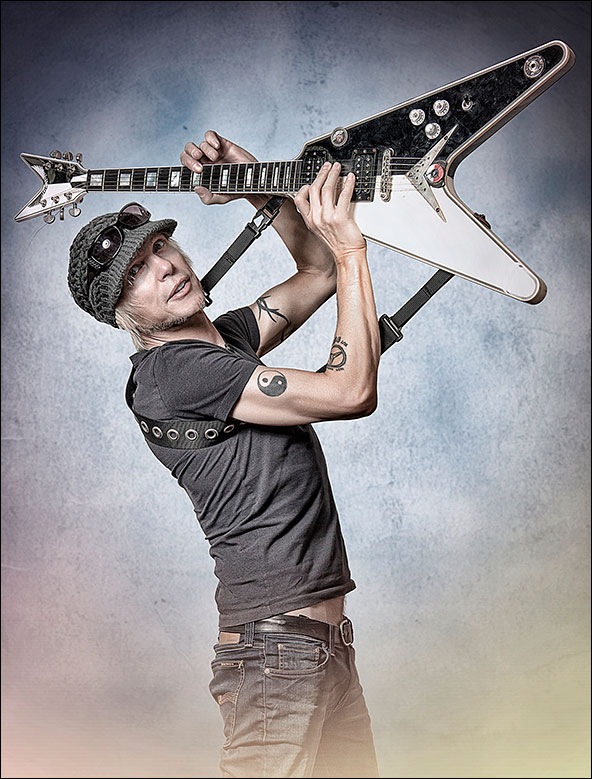
Was it always in your mind to write with Doogie again after the success of ‘When The Devil Knows You’re Dead’?
Well, one thing led to another, when we did the first Michael Schenker ‘Temple of Rock album’ in 2007 Michael Voss had signed a solo deal and so he wasn’t available to play live, so I had to figure something out. So I had Robin McAuley singing in USA and Michael in Japanand Doogie White in Europe. As we were touring Europe, the band it was getting stronger and stronger, and I decided to make a CD and there was a fixed 6 month window in between the two legs of the European tour and I decided it would be a great opportunity to record an album together. So I started coming up with some ideas and sent them to Doogie who worked on the lyrics and melodies and that’s how the whole thing came together. One thing led to another again.
Do you have a fixed way of writing?
The way I write is basically always the same – in between one album and another and on a regular basis. I play and discover and develop bits and pieces, they could be as little as 5 or 10 seconds and I put them away, record them then I get them out when its time for a new record. So I’d write something and add another piece to it, so basically take it step by step and create a song.
Was ‘Horizons’ the first road tested song from the album?
Horizons was one of them, but ‘Bridges We Have Burned’ was the first song we recorded.
‘Where The Wild Winds Blow’ builds up a portentous wall of sound, with a big hook and a startling acoustic guitar drop in – juxtaposed by a soaring electric solo: Were you aiming for a moment of dynamic contrast?
It’s funny because Doogie is singing ‘be still my love’ and somehow, I saw an acoustic guitar in front of me and it felt like the calm before the storm, I was inspired by the words when I heard them, I thought I have to get that acoustic out and calm things down and then hit it with the electric solo.
You cut half the album and then had to go on tour again. Did you end up changing much of what you’d already recorded when you came back to it?
Yeah that was a really weird situation because we had finished those original recordings on the 31st of March and then by the 4th of April we had our first show in Russia, and the album was basically sitting there. So I had to lock it away and I hadn’t played it to anyone which pissed everyone off, as no one heard it for 4 to 5 months. It would have interfered, or lost its focus and the good thing was 5 month later, at the end of 2nd leg of the tour I decided open it up and listen to it, and the great thing about it was we were able to do so with fresh ears, without the slog of working on it day after day.
Very often after they have finished an album an artist would say “I wish I’d done this or that” and so and so. So we had the perfect opportunity and it worked to our advantage to open it again and then make adjustments and add some parts, before we mixed it and mastered it. I think it worked for the best
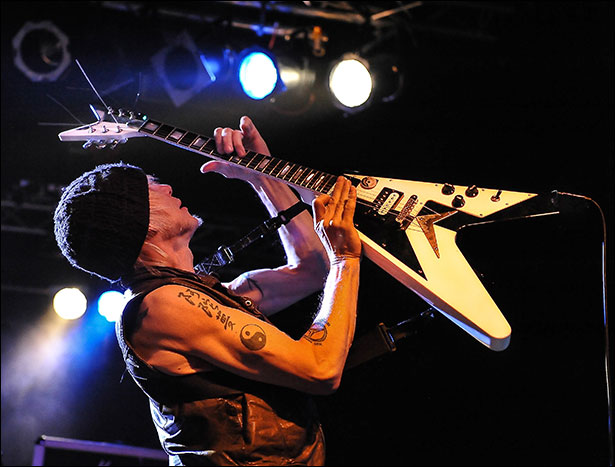
‘Lord Of The Lost & Lonely’ seems to perfectly combine your innate sense of melodicism with the band’s ability to rock?
Yeah the lyrics are quite funny, those words are very interesting I was wondering who Doogie was singing about? (laughs)
‘Bridges We Have Burned’ could almost have been an autobiographical song about you, even though Doogie wrote the lyrics?
Yeah it could be, it could be, but ‘Bridges We Have Burned’ and also Bridge The Gap is related to the current time of the world everyone is crying out for bridging the gap here and there, given all the poverty and the world problems, it really seems to be a bridge the gap era, that’s what it seems like to me.
‘Rock N Roll Symphony’ is a celebration of your art, did you have that solo in mind before the song was written, or was it spontaneous?
All my solos are all improvised apart from the middle solo on ‘Lord Of The Lost & Lonely’ so that goes for that one too.
Does the idea of the being addicted to the rock & roll life style in ‘To Live For The King’: still apply to you, or is it a just a job?
I’m a spirit on a mission to spread the joy of music and as a self expression that in my life, music is my life so…
Another aspect of the album is the fantastic and relentless rhythm section of drummer Herman Rarebell and Francis Buchholz on bass. It’s hard to believe this was the first opportunity you’ve had to work with them since Scorpions ‘Lovedrive’?
Yeah but there’s more than meets the eye, I think some things are meant to be, Francis Buchholz and Herman Rarebell have been out of the loop of rock & roll for quite a while you know, for whatever reason and here we are joining and teaming up together. I mean I didn’t plan it, but it appears that this is what’s happening at this point and they are fun people and I have no idea what all of this means (laughs), but right now we’re having a great time, and we hope to make another album together, so here we are.
Looking back at your career do you sometimes think that you had to go through your periods of adversity to get the best out of you musically?
Aggh I don’t know what to say about that, I mean I play music from the heart and play my music and play from within and play on a regular basis, obviously a bigger part of my life was more about self improvement and experimenting more than anything else, all those things that happened and the songs are all part of the current outcome.
‘Land Of Thunder’ already sounds like a live favourite and ‘Temple Of The Holy’ is a heavier piece with a Zeppelin keyboard feel. Did you pay particular attention to the pacing and balance of the album?
Absolutely yeah, this time I had so much fun playing live and I had a lot of fun on stage and I’m realising also that there needs to be enough uptempo pieces on the album and in general melodic parts, some darkness and a bit of drama and stuff like this, so it a little bit like a book, you don’t want to lose momentum but you have to feel it and go by your own judgement and do it the way one thinks gives it balance.
And is ‘Shine On’ an example of the way you sought to combine heavy rock and melody on this album?
Another thing for me too, I’m not too much of an expert when it comes to individual songs because when I put an album together I’m looking at the whole thing from beginning to end like a continuous journey. I play a bit and then come back to the vocals. I always look at the whole piece rather than individual pieces.
‘Black Moon Rising’ is one of the heaviest tracks with a sludgy rhythm on the album, where did the big symphonic climax come from?
It fitted naturally and when it came to the sequencing, Doogie put a running order together and I liked it very much, so I went with his running order and it fits in exactly where it is, and very well.
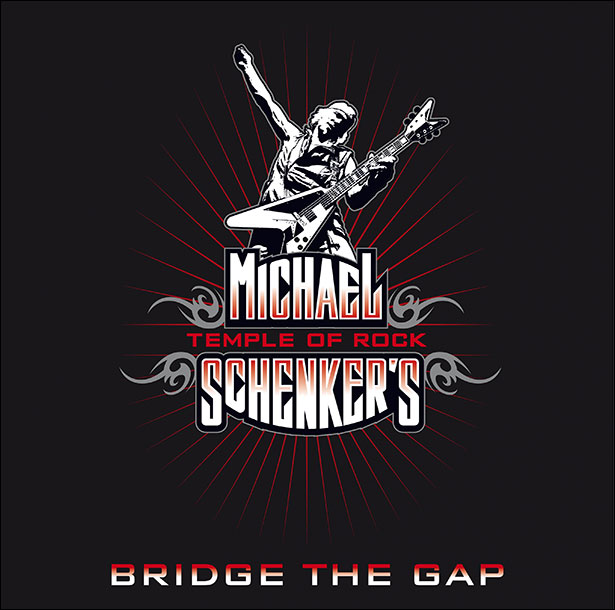
You started very young, were you drawn to rock by your brother Rudolph?
Music was in myself right from when I can remember I loved to sing and drum and when I was 5 played piano and violin, just making sounds, when my brother was 16 he got a guitar instead of a motorbike, he went to work and the guitar was looking at me, and I wasn’t allowed to touch it, but I had to do it, so I touched his guitar played with one string and then another string and I was fascinated by what it sounded like and what you can do with it in this in a few moments of experimenting. So from then on I was I was fascinated by the single string and what you could do with a guitar. For me there was no song on radio for me unless it was a song with great lead break, there had to be a great guitar solo in the song. (laughs)
I guess that explains why you like Leslie West who appeared on ‘Temple Of Rock’ and recently toured with you?
Yeah Leslie is a great guitarist, he’s from the late 60’s and that era of guitarists such as Jimmy Page, Eric Clapton, Hendrix and guys in the 70’s like Rory Gallagher, Johnny Winter, who were all great fun to listen to.
Interview © November 2013 Pete Feenstra
Photos (c) by (1). Dianna Fabbricatore (2) & (4) Steve Brinkman and (3)Tallee Savage
Featured Artist: JOSH TAERK
Since early 2020 Josh has been entertaining us with exclusive monthly live sessions,
Check out videos here: https://www.facebook.com/getreadytorockradio
Upcoming sessions:
February 15
March 8
April 12
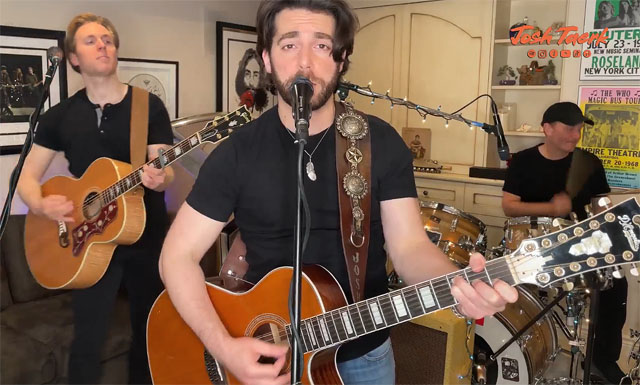
David Randall presents a weekly show on Get Ready to ROCK! Radio, Sundays at 22:00 GMT, repeated on Mondays and Fridays), when he invites listeners to ‘Assume The Position’. The show signposts forthcoming gigs and tours and latest additions at getreadytorock.com. This “Best of 2025 reviewer choices” show was first broadcast on 21 December 2025.
UK Blues Broadcaster of the Year (2020 and 2021 Finalist) Pete Feenstra presents his weekly Rock & Blues Show on Tuesday at 19:00 GMT as part of a five hour blues rock marathon “Tuesday is Bluesday at GRTR!”. The show is repeated on Wednesdays at 22:00, Fridays at 20:00). Pete’s Best of 2025 was first broadcast on 23 December 2025
How to Listen Live?
Click the programming image at the top of the page (top right of page if using desktop)
Get Ready to ROCK! Radio is also in iTunes under Internet Radio/Classic Rock
Listen in via the Tunein app and search for “Get Ready to ROCK!” and save as favourite.
More information and links at our radio website where you can listen live or listen again to shows via the presenter pages: getreadytorockradio.com
Power Plays w/c 26 January 2026
JOANNE SHAW TAYLOR Hell Or High Water (Journeyman Records)
TY FREEMAN One Way Love (indie)
GREY DAZE Monster You Adore (indie)
HOKKA Death By Cupids Arrow (Nuclear Blast Records)
PURPLE DOTS Stared At The Sun (Kycker)
SAINT AGNES Song For Mia (Spinefarm)
STREETLIGHT Shake That Feeling (Frontiers)
Featured Albums w/c 26 January 2026
09:00-12:00 The Best of 2003 – 2025 (Melodic Rock)
12:00-13:00 The Best of 2003 – 2025 (Melodic Hard Rock)
14:00-16:00 The Best of 2003 – 2025 (Singer Songwriter)
Our occasional Newsletter signposts latest additions to the website(s). We also include a selection of recent top albums, based on GRTR! reviewer ratings. The newsletter is sent out a few times a year.
If you’d like to register to receive this occasional mailing please complete the form:
If using a smartphone/tablet please tap here or re-orientate your device
(Note that this registration is separate from site registration which allows you to leave comments and receive daily emails about new content. If you wish to register for this – in addition or separately – please click or tap here – for more information – the form is at the foot of each page. Please read our privacy policy when opting-in to receive emails.
Recent (last 30 days)
Share the post "Interview with MICHAEL SCHENKER – 15 November 2013"

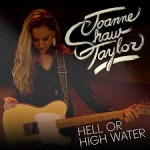
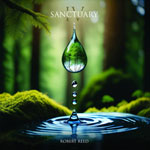
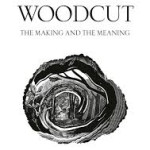
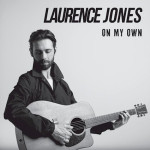
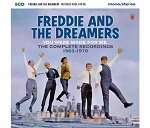
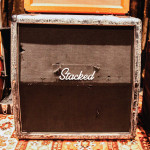
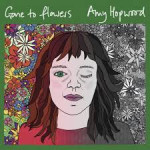
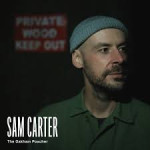
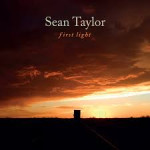
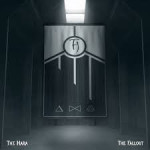
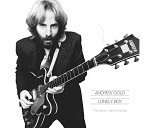
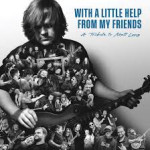

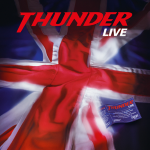
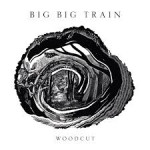
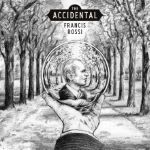
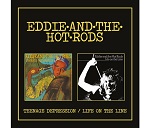
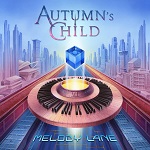
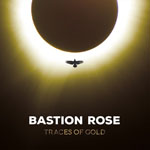
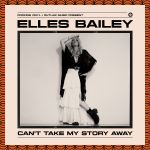
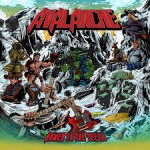
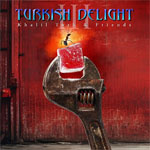

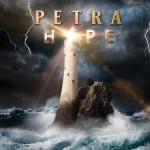

 PDF - you can delete unwanted sections
PDF - you can delete unwanted sections

















